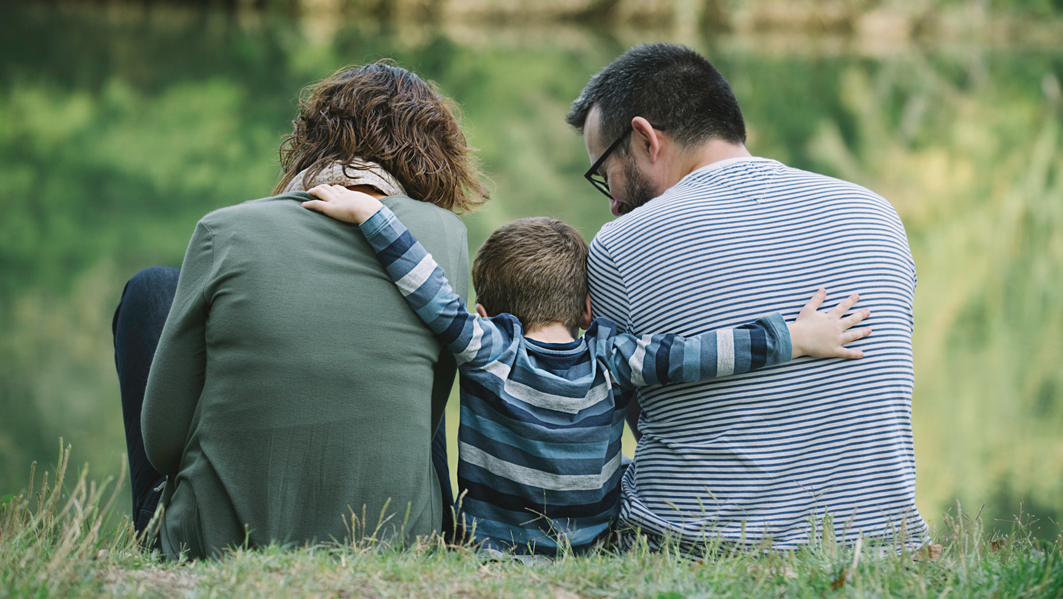The issues of race, racism and race relations have become regular topics in news stories, the subject of conversation around the workplace water cooler and even on playground swing sets.
Even if your children have never asked you about race directly, the prevalence of race-based issues in the news presents an opportunity to open the discussion by asking them if they’ve ever thought about the
obvious differences between themselves and others they see at school or the store.
Where to Start?
The youngest children can be taught that God created all people of every race, and the Bible says that He loves us all. Remind them we are commanded to treat everyone with love and respect, no matter the color of their skin.
Older children are perhaps ready to learn to distinguish race and culture—two things that influence all of us although only race is permanent. Culture comprises a system of values, ideas and traditions that are usually shared by a race of people—but not always. Race does not determine how we act, think or behave; our cultural upbringing is largely responsible for that. This is why it is important not to judge people by the color of their skin, as the Rev. Martin Luther King Jr., famously said, “but by the content of their character.”
Talking to your kids about race presents a unique opportunity to shape their perspective and the way they will interact with the people they meet for the rest of their lives. It doesn’t have to be a lecture. Generally, conversations about race can flow in a very natural and conversational manner.
Here are some other tips:
Don’t punish young children for inappropriate remarks. There may be times when a young child may make an
inappropriate comment regarding race. Rather than responding in anger, that’s a good time to gently correct their misunderstanding
standing and teach them a better way.
As a family, research cultures different from your own. Discover how different cultures celebrate Christmas or birthdays, and point out that it isn’t a person’s skin color that makes them say certain things or act a certain way—it’s tradition and culture.
Encourage them to ask questions. Let your kids know you are open to answering any question about race and culture. Ask them open-ended questions such as, “What do you think would be different in our house if we were (black, white, Asian, Hispanic)?”
Use the Bible as a reference point. Here is a list of verses relating to race and kindness toward one another despite outward differences.
We are one human race. (Genesis 3:20 and Galatians 3:28)
Race is permanent. (Revelation 7:9)
God made you just the way He wants you. (Ephesians 4:16)
All people are valued for their
contribution to the church. (I Corinthians 12:12-13)
God has no favorites in race. (John 13:34 and Revelation 5:9)
Racial diversity, like the differences between boys and girls, hairstyles and clothing, is something all kids are bound to notice and
have to deal with at some point. Being prepared to engage on this subject with knowledge and frankness will help your children as they mature, and can equip the next generation to live in racial harmony.
Originally published in the December 2016 issue of Citizen magazine.






